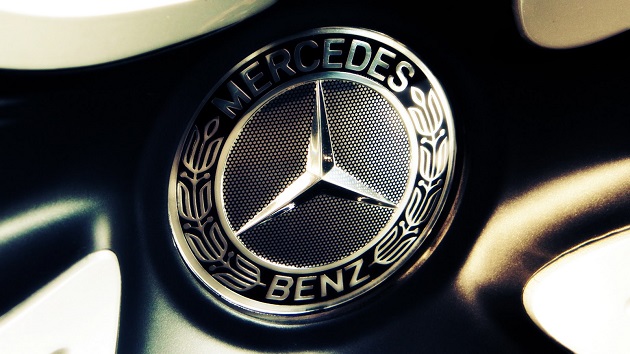German luxury carmaker Mercedes-Benz can drive in a fully electric vehicle to India as early as next year depending on a favourable taxation structure for such vehicles in the country, a top company official said.
“We believe in electric vehicles. Globally, we are putting in resources to develop EVs. By 2022-24, we are going to have 15-20 completely new such models. We strongly believe that 20-25% of our volume by 2022 might be EVs. We are gearing up in that direction globally. In India, it all depends again on taxation,” Mercedes-Benz India MD and CEO Roland Folger said to PTI.
He added that currently there is no inherent interest to switch to EV segment among buyers in the country and that to make the segment attractive there is a need to have such vehicles on the ground.
He said that the fully imported completely built units (CBU) of EVs should be treated at par in terms of taxation with locally manufactured vehicles supporting green technology.
He further informed PTI that currently launching an EV does not make sense as even a mid-sized EV would be as expensive as a S-Class sedan. Under the current GST regime, EVs attract a tax of 12%. Imported cars on the other hand attract custom duty of 60% and 100% depending upon the price and size of the engine.
The entire world has started to understand the tremendous impact that EVs can have. In the UK and USA, for instance, there is a discount provided for by the government when someone purchases an e-vehicle. India, being a global country today should realise that this is the right time to provide the e-vehicle industry the necessary subsidies in order to take it on par with the global market. For the e-mobility segment in India to flourish, it has to be brought down a few tax slabs under the current GST regime. Further, the customs duty exercised on foreign imports should be reduced so that more and more automakers feel confident enough of bringing their successful products to the Indian market.







